When it comes to powering your devices, lithium-ion batteries and alkaline batteries are the ones we see every day.
You want a battery that works, lasts long, and won’t let you down.
Alkaline batteries have been the go-to for years, but modern electronics are more demanding.
Rechargeable lithium-ion (Li-ion) batteries are built for this challenge, offering superior performance, a longer lifespan, and a better value long term.
Let's explore which battery is the right choice for your gear.
Table of Contents
- What's the Real Difference: Li-ion Battery vs Alkaline?
- When Does an Alkaline Battery Make More Sense?
- Why Do High-Tech Devices Demand Lithium-Ion Batteries?
- Cost vs. Value: Finding the Best Battery for Your Budget
- A Look at Sustainability
- Making the Right Choice: Your EBL Power Solution
- Powering Your Life the Right Way
- FAQ
What's the Real Difference: Li-ion Battery vs Alkaline?
At their core, the main distinction between Li-ion and alkaline batteries comes down to their internal chemistry, which determines how they store and deliver power.
- Alkaline batteries, the kind most of us grew up with, generate power through a reaction between zinc and manganese dioxide. This is a reliable, one-time reaction, which is why they are single-use. Once the chemical reactants are used up, the battery is done.
- Lithium-ion batteries, on the other hand, use lithium compounds. Their chemical reaction is reversible. When you use the battery, lithium ions move in one direction to create power. When you charge it, they simply move back. This is why you can recharge them hundreds of times. This fundamental difference affects everything from their power output to their weight.
This fundamental difference affects everything from their power output to their weight.
Technical Specifications
To make it even clearer, here’s a quick head-to-head comparison between lithium-ion batteries and alkaline:
| Feature | Alkaline Battery |
Rechargeable Lithium-Ion Battery |
| Chemistry | Zinc-Manganese Dioxide (Zn/MnO₂) | Lithium-Ion (Li-ion) |
| Nominal Voltage | Starts at 1.5V, drops steadily | Maintains a steady 1.5V output |
| Typical Capacity | 2000-2800 mAh | 3000-3500 mAh |
| Performance | Good for low-drain devices | Excellent for high-drain electronics |
| Lifespan | Single-use | 500 - 1000+ Recharges |
| Temp. Resistance | Poor in cold (below 0°C / 32°F) |
Excellent (-20°C to 60°C / -4°F to 140°F) |
| Average Weight | 23 grams | 15-18 grams |
| Long-Term Cost | High (due to constant replacement) |
Low (due to reusability) |
| Shelf Life | 7-10 years | ~10 years (retains charge well) |
| Best For | Low-drain devices (remotes, clocks) |
High-drain devices (cameras, controllers) |
As you can see, each has clear strengths. So, while both can power your devices, they are not always interchangeable.
Also learn:
- NIMH or Lithium-Ion Rechargeable Batteries: Which is Better?
- Non-Rechargeable Lithium vs Alkaline Batteries: Which Should You Pick in 2025
- Can Lithium-Ion Batteries Freeze? What You Must Know
When Does an Alkaline Battery Make More Sense?
While newer technologies emerge, the dependable alkaline battery still holds an important place in our homes, and for good reason.
For many common household items, alkaline is the perfect power source.
These are your "low-drain" devices, such as your TV remote, wall clocks, or a small LED flashlight, the ones that sip power slowly over a long period rather than guzzling it all at once.
For these applications, an alkaline battery provides a steady, reliable source of energy that can last for months or even years. Their chemistry is perfectly suited for these low-stress jobs, making them a cost-effective and practical choice you can count on.
There are also times when upfront cost is the most pressing factor. If you're stocking up on batteries for an event or for devices that are used infrequently, the lower purchase price of alkaline batteries is very appealing.
We understand that budget is a key consideration for many families and businesses.
Alkaline batteries allow you to have the power you need on hand without a large initial investment, offering convenience and reliability when you need it most.
Why Do High-Tech Devices Demand Lithium-Ion Batteries?
For the powerful electronics that are central to our modern lives, providing the right kind of energy is not just a suggestion—it's a requirement.
Consistent power is a must for the "Technophiles" among us. If you use high-performance gadgets like wireless gaming controllers, virtual reality headsets, or smart home devices, you've probably felt the frustration of batteries dying at a critical moment.
Lithium-ion batteries solve this problem by delivering a steady voltage.
Unlike alkaline batteries that see their power fade over time, a Li-ion battery provides consistent, peak power from start to finish.
This means your game controller stays responsive, and your smart lock works reliably every time.
This technology is also a game-changer for "Shutterbugs" and professional photographers.
High-powered camera flashes and digital cameras require a huge burst of energy in a split second to capture the perfect shot.
A rechargeable lithium-ion battery can deliver this power instantly and then recycle, or get ready for the next shot, much faster than an alkaline battery.
This means less waiting and fewer missed opportunities, whether you're capturing a wedding or shooting wildlife.
And for the "Travel Buffs," reliability in any environment is key. Lithium-ion batteries are troopers, performing exceptionally well in both freezing and extreme heat conditions where alkaline batteries can fail.
As a bonus, they are significantly lighter. When you're packing a GPS unit, headlamp, and other gear for a trip, shedding a few ounces of battery weight makes a real difference.
Cost vs. Value: Finding the Best Battery for Your Budget
Let's look beyond the initial purchase and think about the total cost of ownership. This is where the math gets interesting.
While the upfront cost of a rechargeable Li-ion battery is higher, it’s a one-time purchase that pays for itself over and over again.
For example, a single EBL rechargeable AA battery can be charged and discharged a thousand times. To get the same amount of power, you'd have to buy, use, and throw away a thousand of them.
A quick calculation shows that the long-term savings are significant, turning a higher initial cost into a smarter financial choice over time.
Think of it as an investment. You're investing in convenience (no more last-minute store runs for batteries), superior performance for your favorite devices, and peace of mind.
For devices you use frequently, like a gaming controller or your child's most-loved electronic toy, choosing rechargeable lithium-ion means you're not just buying a battery; you're buying a sustainable power solution that saves you money in the long run.
Beyond the financial savings, there's another important aspect to consider: the environmental cost of single-use products.
A Look at Sustainability
Beyond your wallet, the choice between battery types has a lasting impact on our planet, and we take this responsibility seriously.
While modern alkaline batteries are much safer for disposal than their predecessors, the fact remains that single-use products create waste.
Americans purchase nearly 3 billion dry-cell batteries every year, and a large portion of those end up in landfills.
This is where choosing rechargeable makes a world of difference for your environmental footprint.
Every time you charge an EBL lithium-ion battery, it's one less disposable battery being manufactured and one less ending up in the trash.
When you consider that a single rechargeable battery can replace hundreds, sometimes even thousands, of single-use ones, the positive impact becomes clear.
It’s a simple switch that collectively leads to a massive reduction in waste.
By choosing to recharge, you're embracing our "Charge, Don't Toss" philosophy and joining a movement of conscious consumers who are proving that we can have more power with less pollution.
Making the Right Choice: Your EBL Power Solution
Whether you need the marathon-like endurance of alkaline for your smoke detector or the sprinting power of lithium-ion for your camera, we've got you covered.
For over 20 years, the EBL team has been dedicated to one simple mission: providing reliable, high-performance power for the devices you love.
We've seen technology evolve, and we've been there every step of the way, innovating to meet the ever-growing energy demand.
This experience has taught us exactly that consumers need batteries that work, last, and provide real value.
We offer a complete range of both alkaline and rechargeable lithium-ion batteries, so you can find the perfect EBL power solution for every single device you own.
There's no need for guesswork.
We've designed our product lines to provide clear, effective options for everything from your grandmother's wall clock to your brand-new drone.
Are you ready to upgrade your power and experience the EBL difference?
Making an informed choice is the first step. Let's bring it all together to help you power your life the right way.
Powering Your Life the Right Way
The choice between lithium-ion or alkaline batteries isn't about which is "better," but which suits the job best.
For everyday, low-power devices like remote controls and clocks, a reliable alkaline battery remains an excellent and cost-effective option. You can count on it to provide steady, long-lasting power for simple tasks.
However, for demanding, high-tech electronics that define modern life, such as your digital camera, gaming gear, and smart home devices, the clear choice is rechargeable lithium-ion.
While the initial cost is higher, the long-term value, better performance, consistent power delivery, and notable environmental benefits make it a smarter investment.
By choosing to "Charge, Don't Toss," you're not only saving money but also making a positive impact.
At EBL, we proudly offer the best of both worlds, backed by over twenty years of expertise. We're dedicated to giving you the power you need, no matter what device you have.
FAQ
Is an AA battery lithium or alkaline?
"AA" refers to the battery's size, not its chemistry, so an AA battery can be either alkaline or lithium.
How much longer does a lithium battery last than an alkaline battery?
A lithium battery can last up to 6 times longer than an alkaline battery in high-drain devices.
Can I replace AA alkaline batteries with lithium?
Yes, you can directly replace AA alkaline batteries with lithium for a significant upgrade in performance, lifespan, and stable power delivery.
Also read: Best Lithium-Ion Battery Alternatives: Safer, Greener, Smarter Power Options
Why are lithium batteries so cheap now?
While still costing more upfront than alkaline, lithium battery prices have dropped significantly due to manufacturing improvements and economies of scale driven by the electric vehicle industry.
Can you recharge alkaline batteries?
No, you must never attempt to recharge a standard alkaline battery as it can leak or rupture. Only use batteries specifically labeled as "rechargeable".

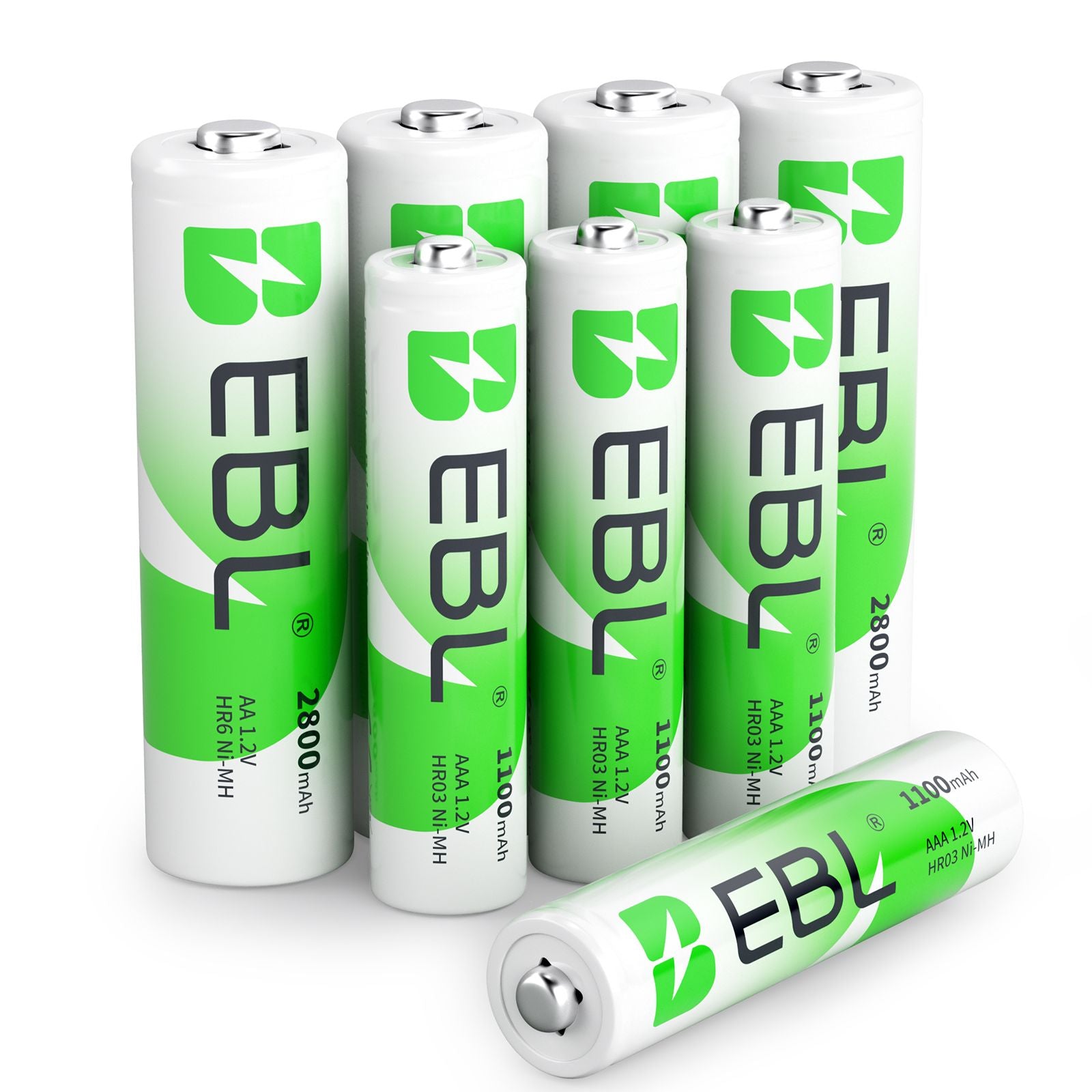
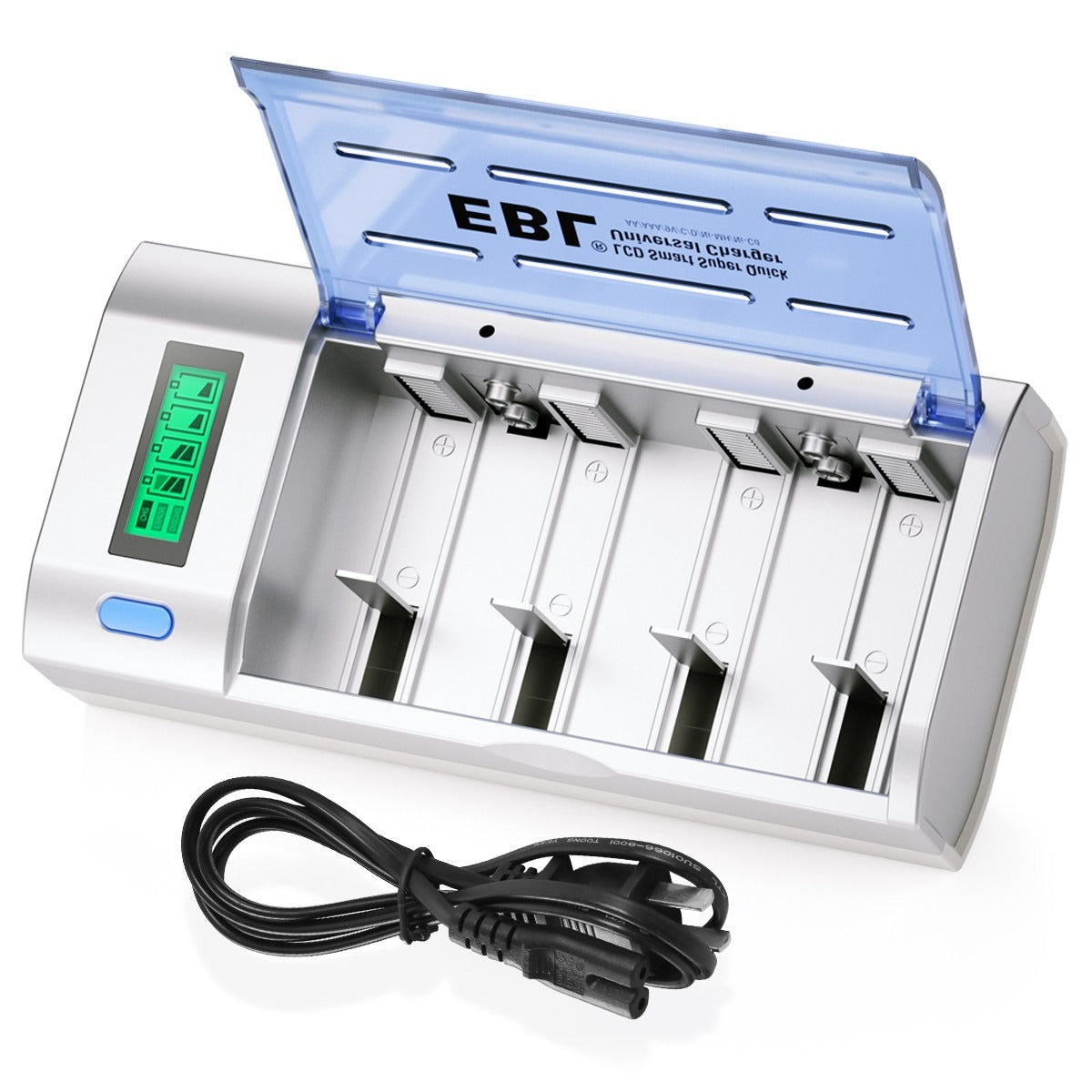
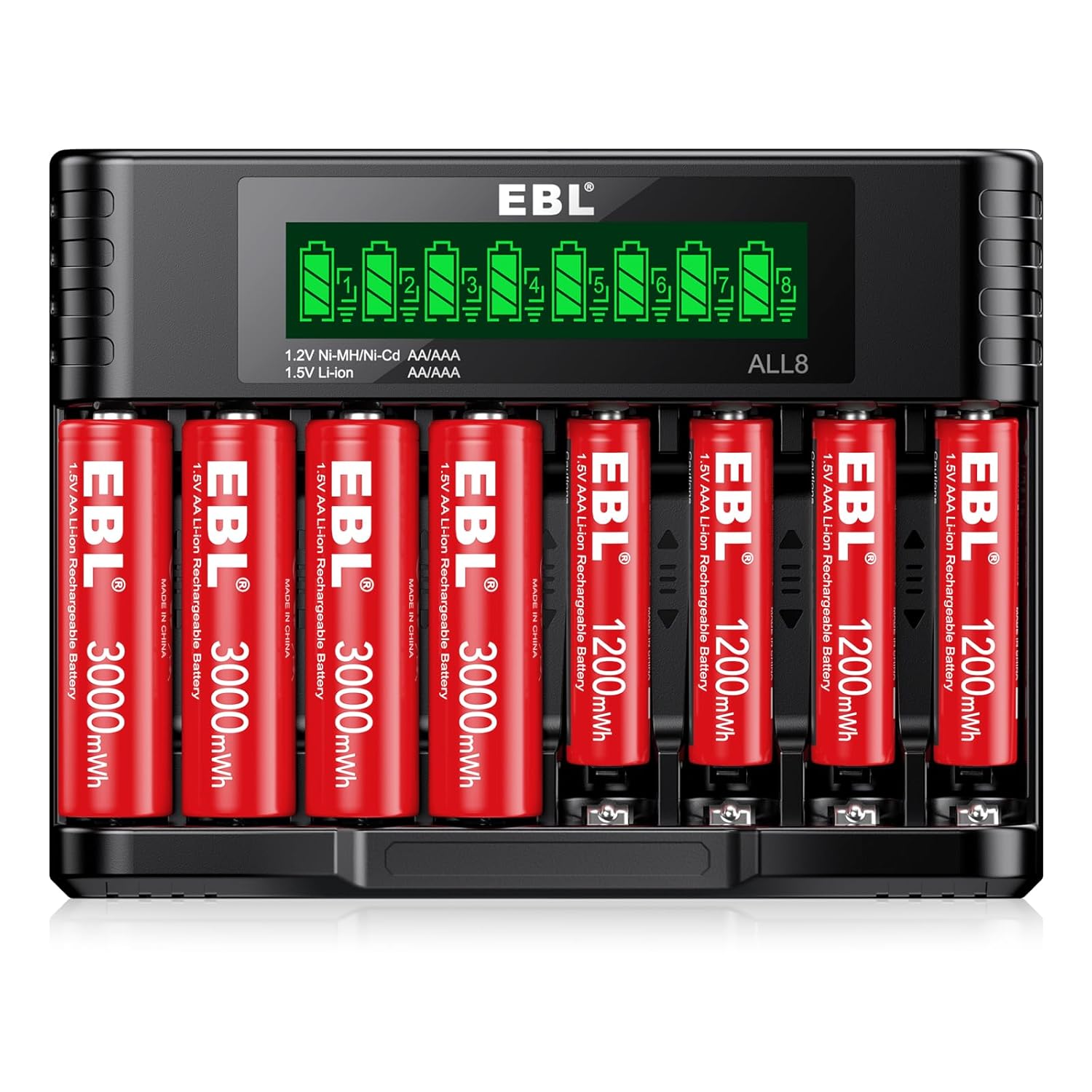
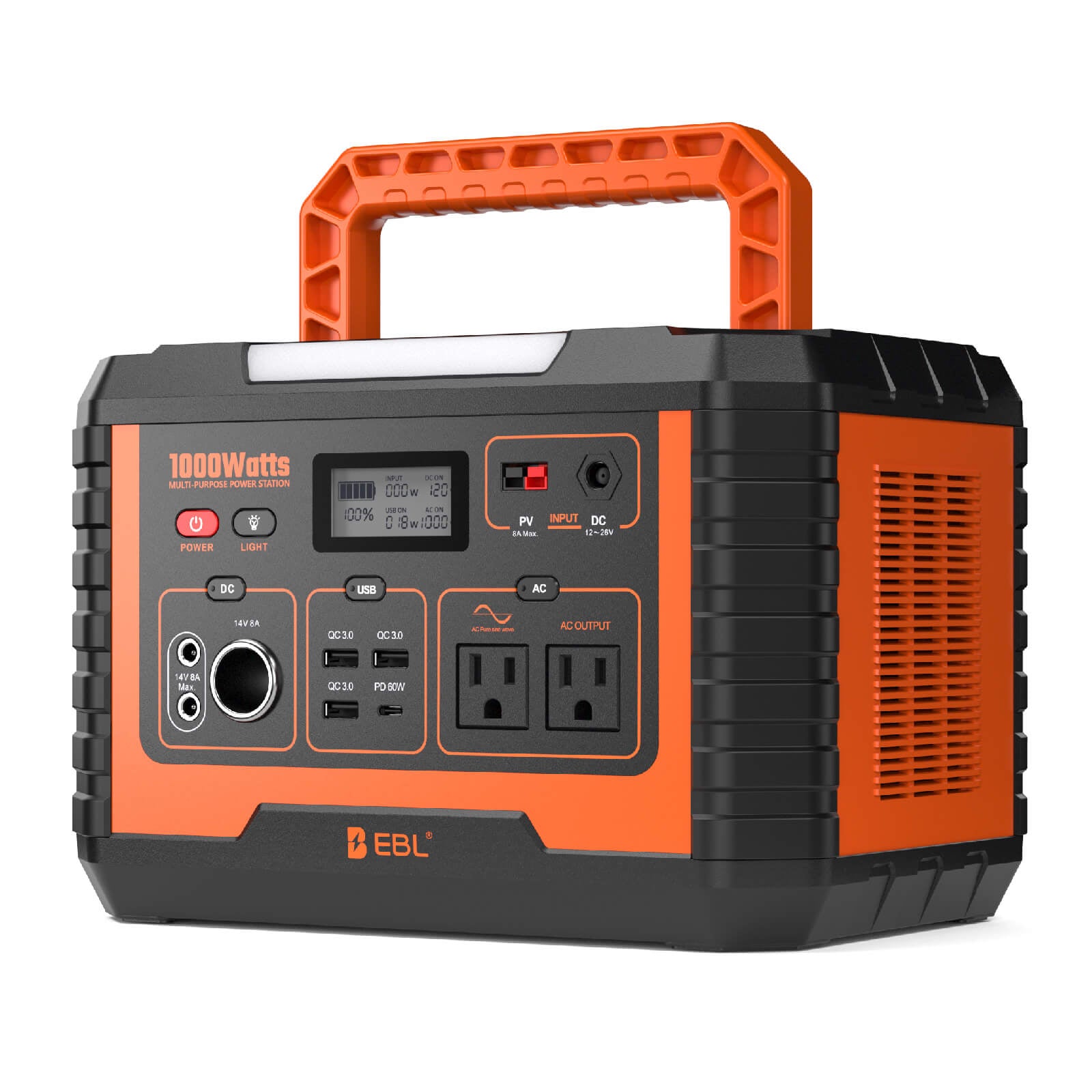
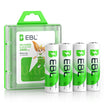
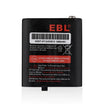
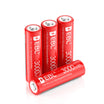
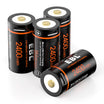
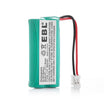
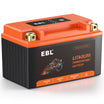
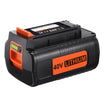
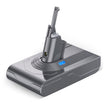
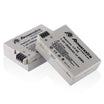
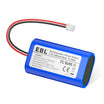
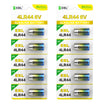
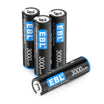
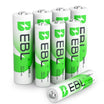
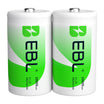
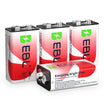
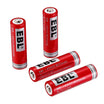
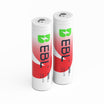
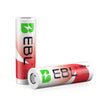
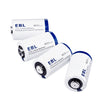
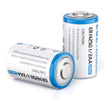
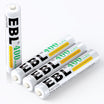
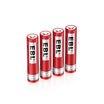
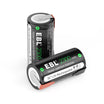
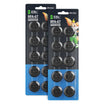
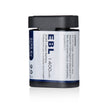
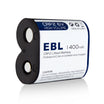
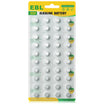
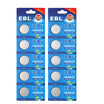
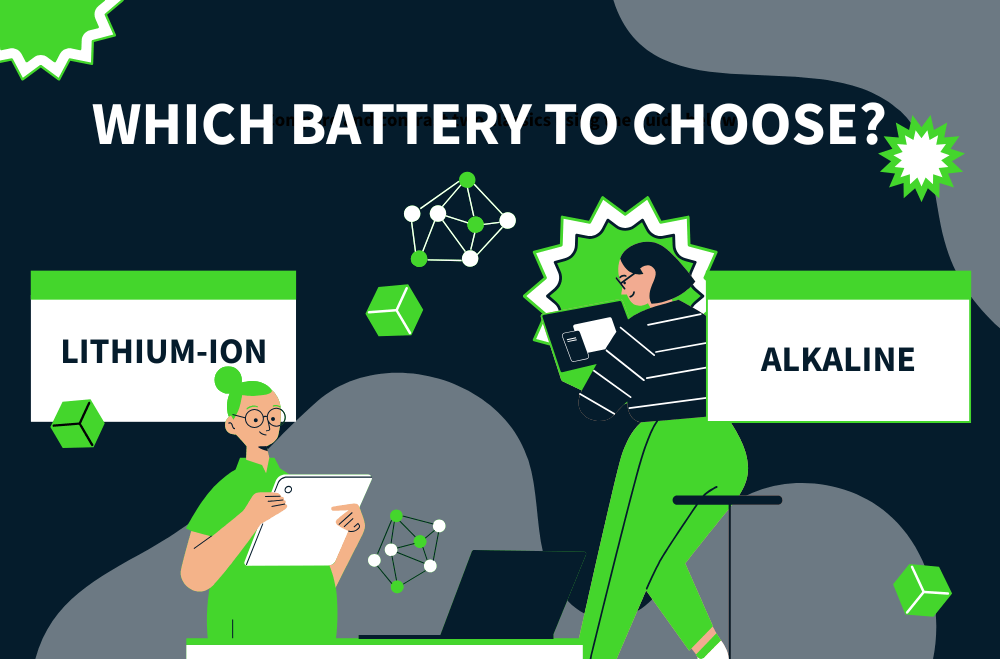




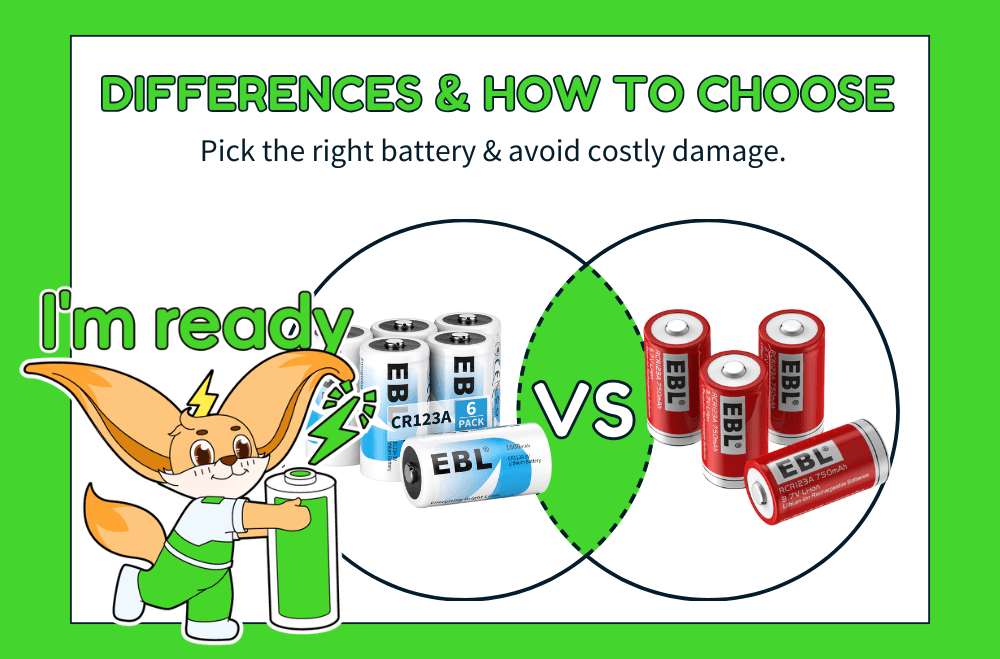
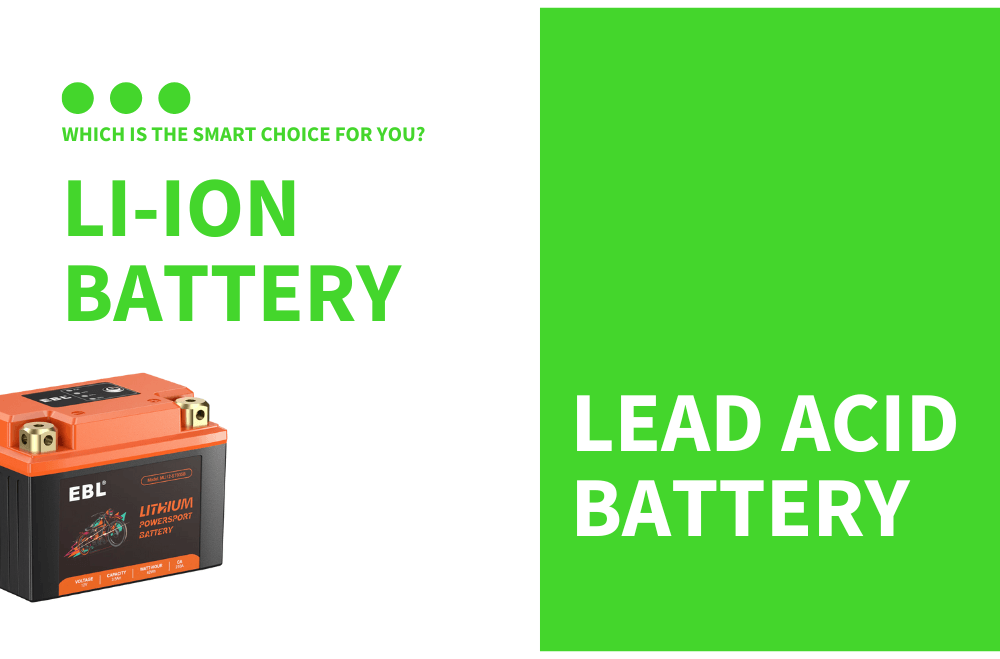
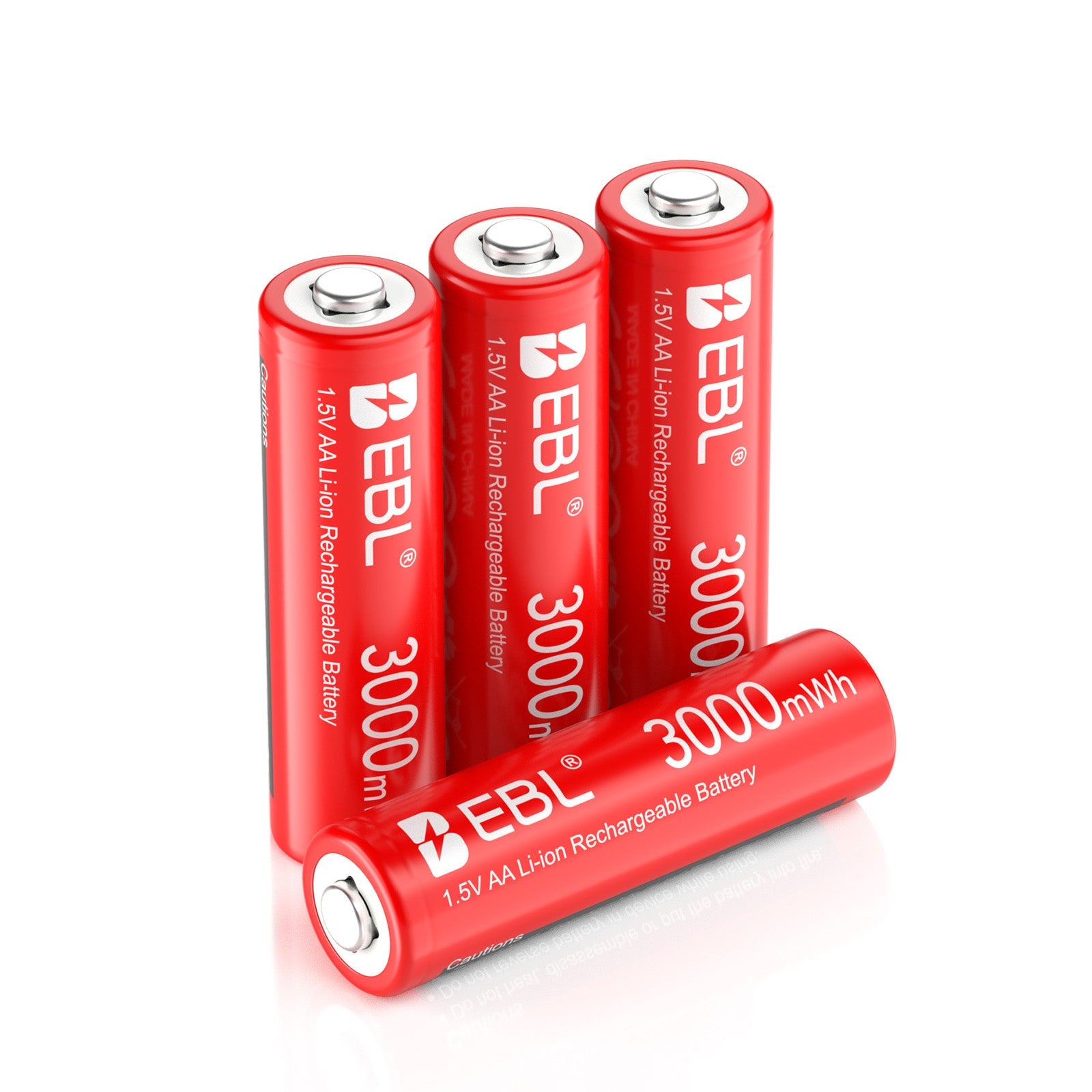
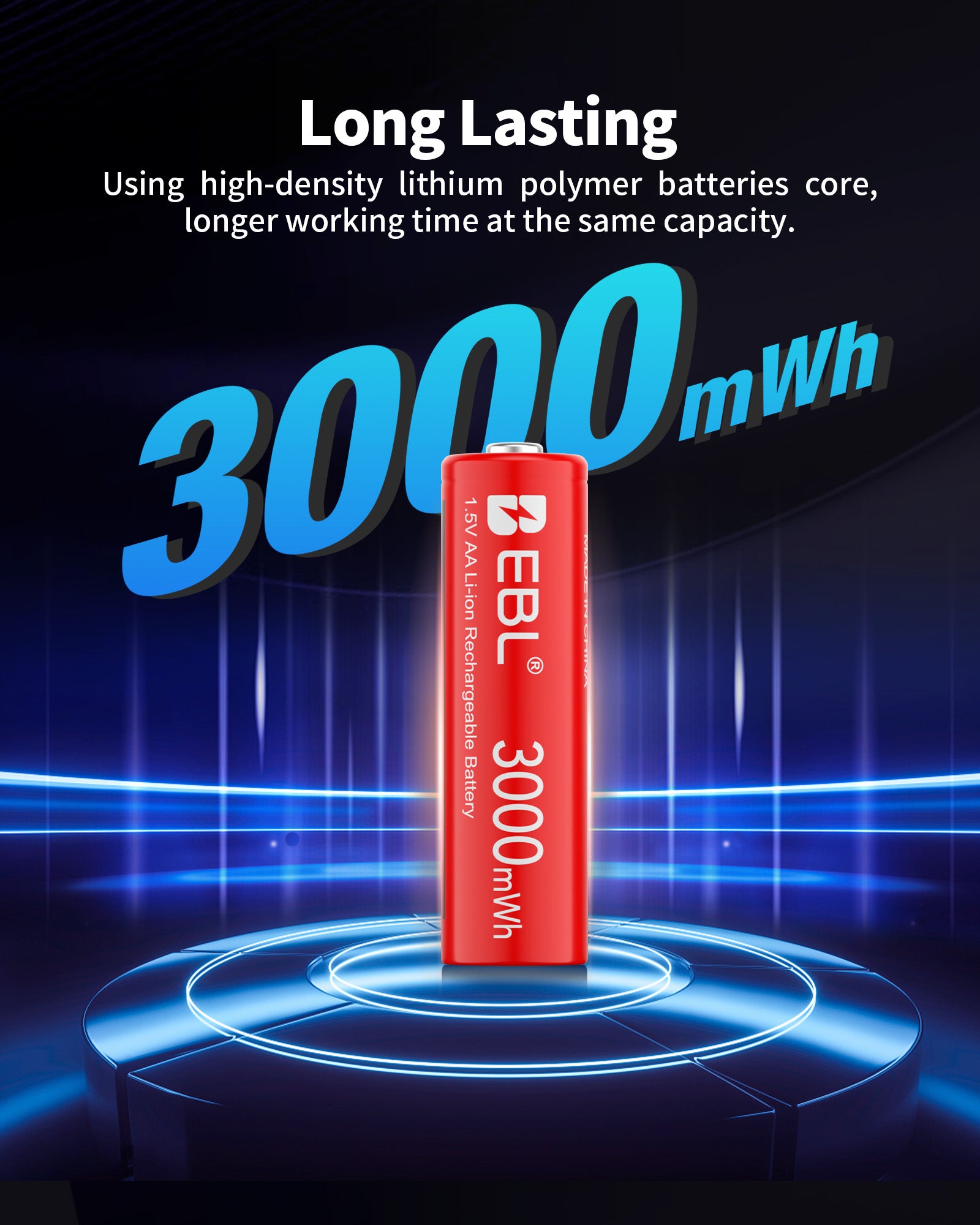
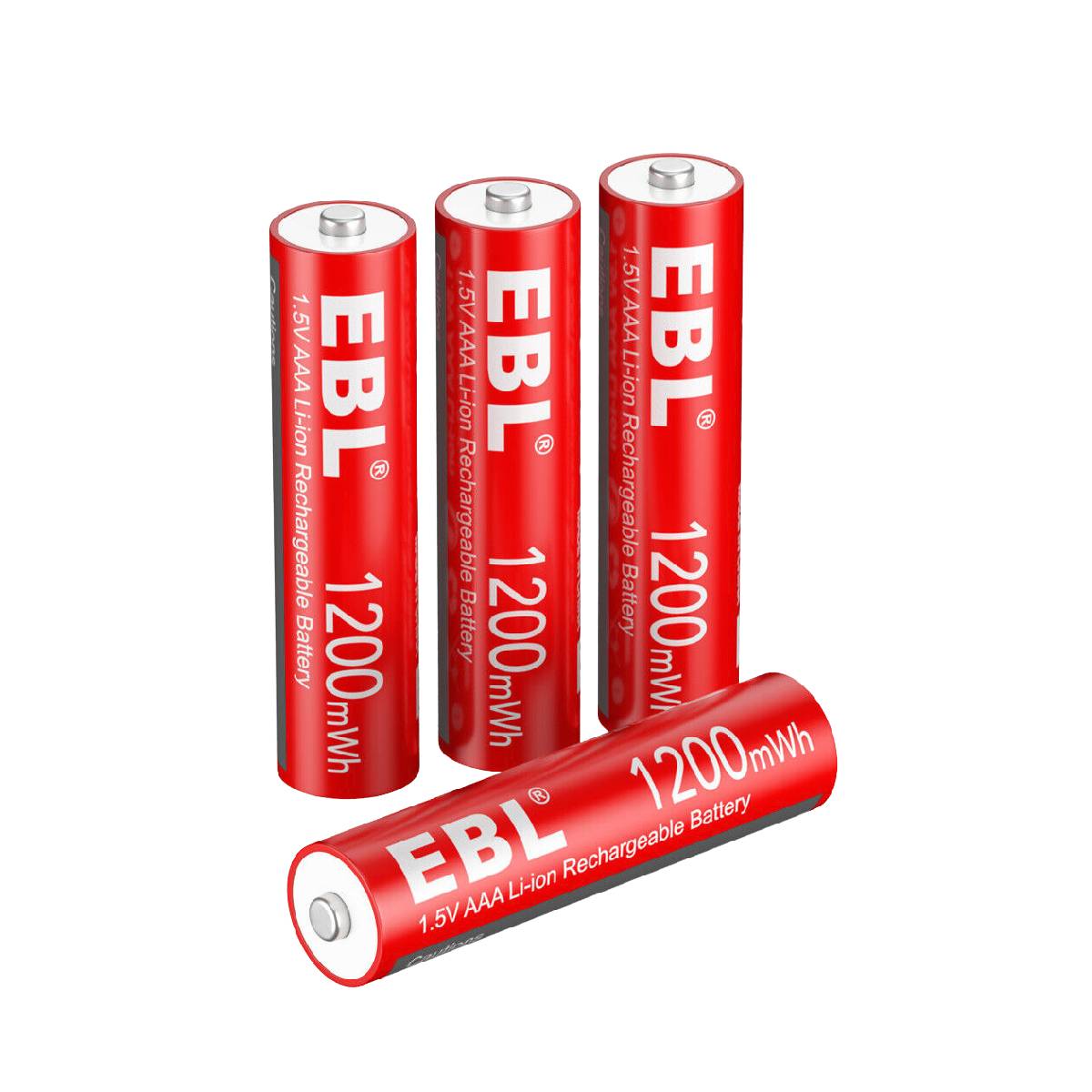
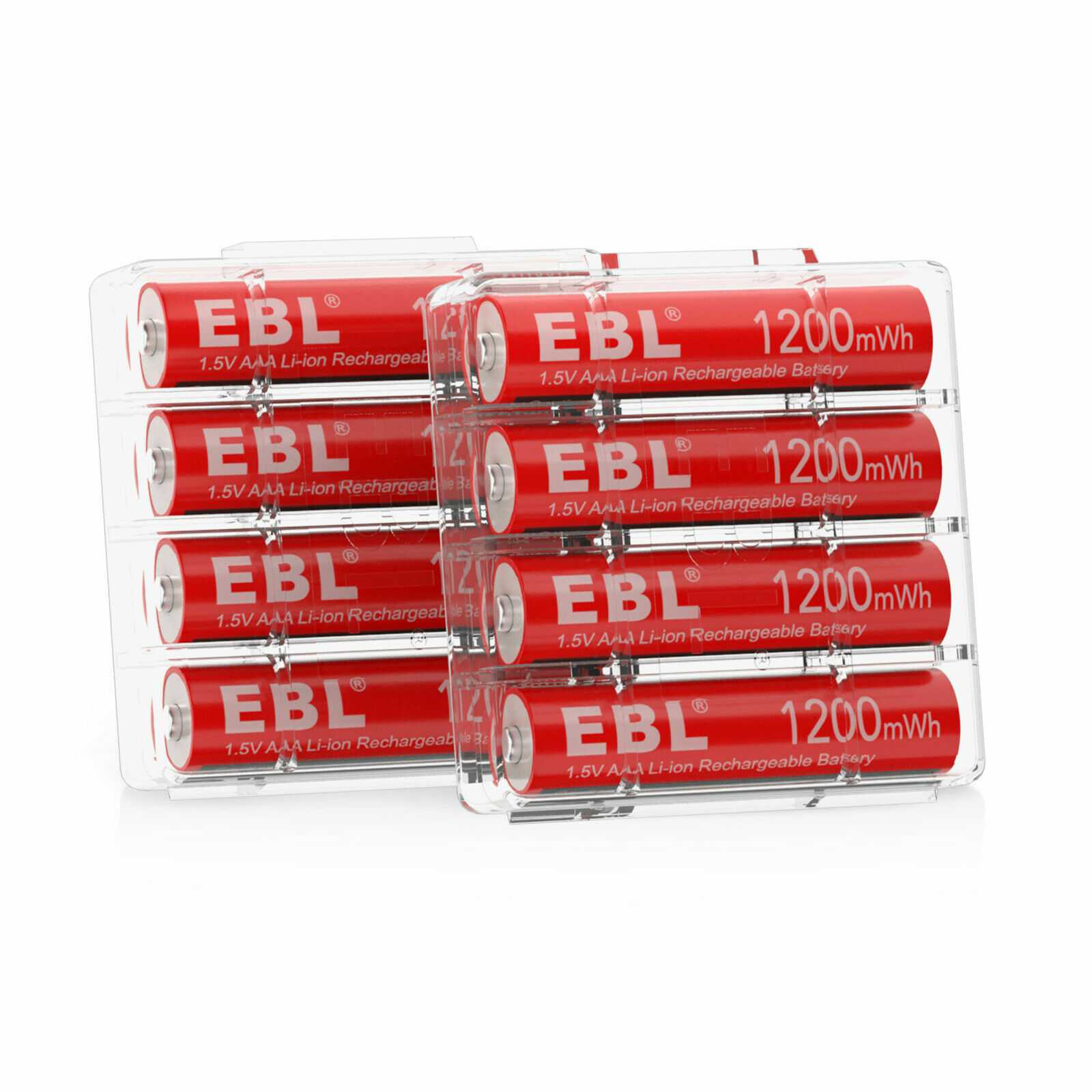
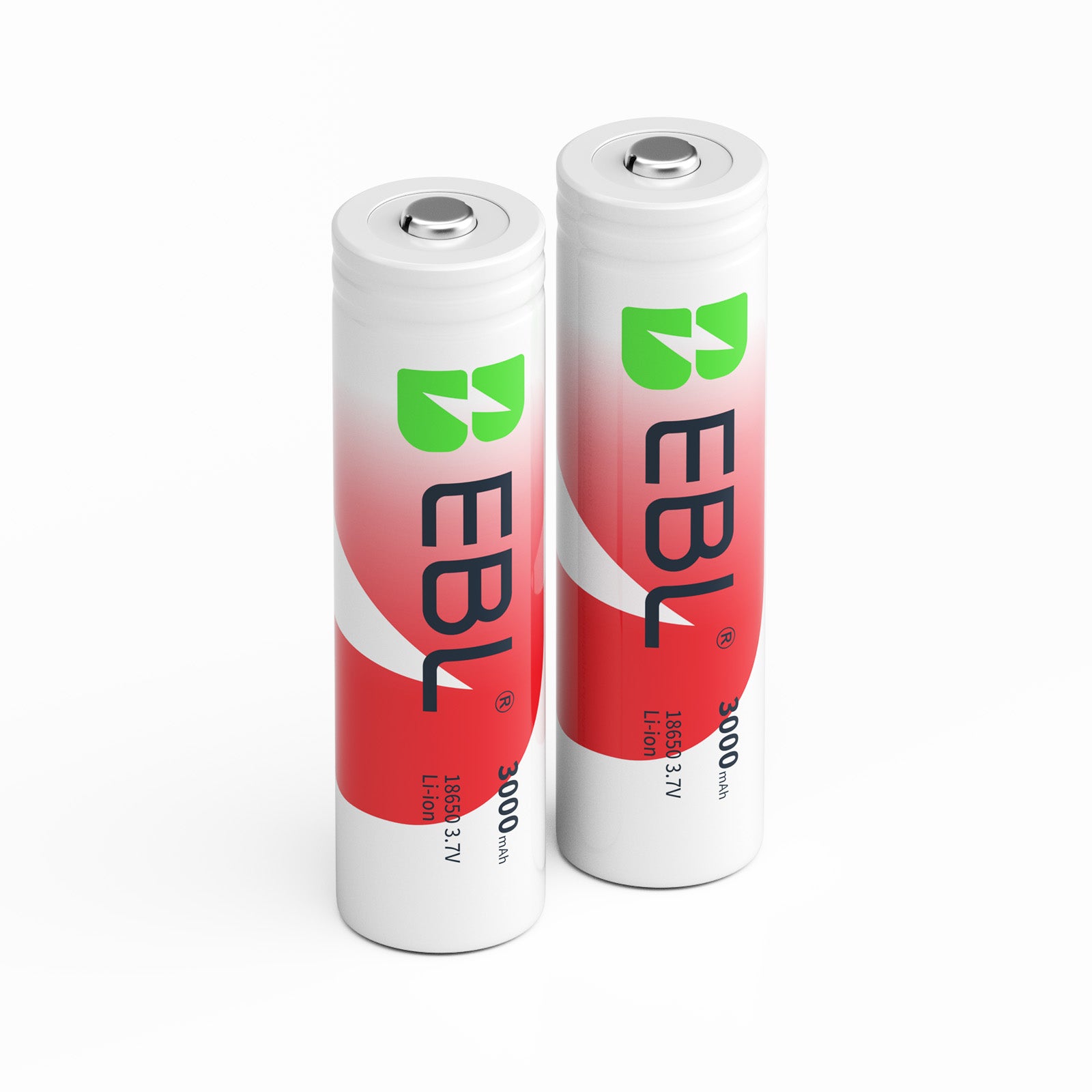
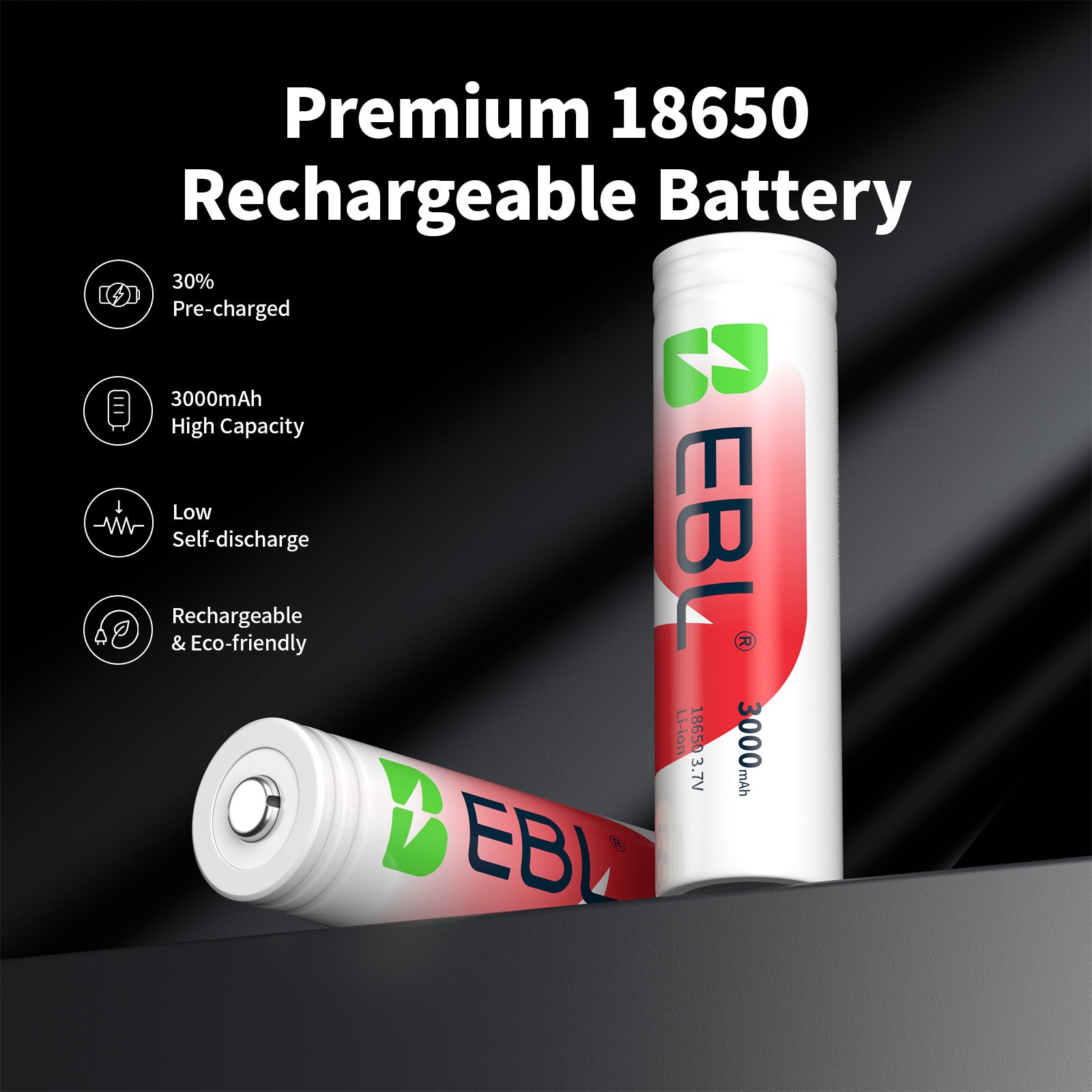
Leave a comment
All comments are moderated before being published.
This site is protected by hCaptcha and the hCaptcha Privacy Policy and Terms of Service apply.